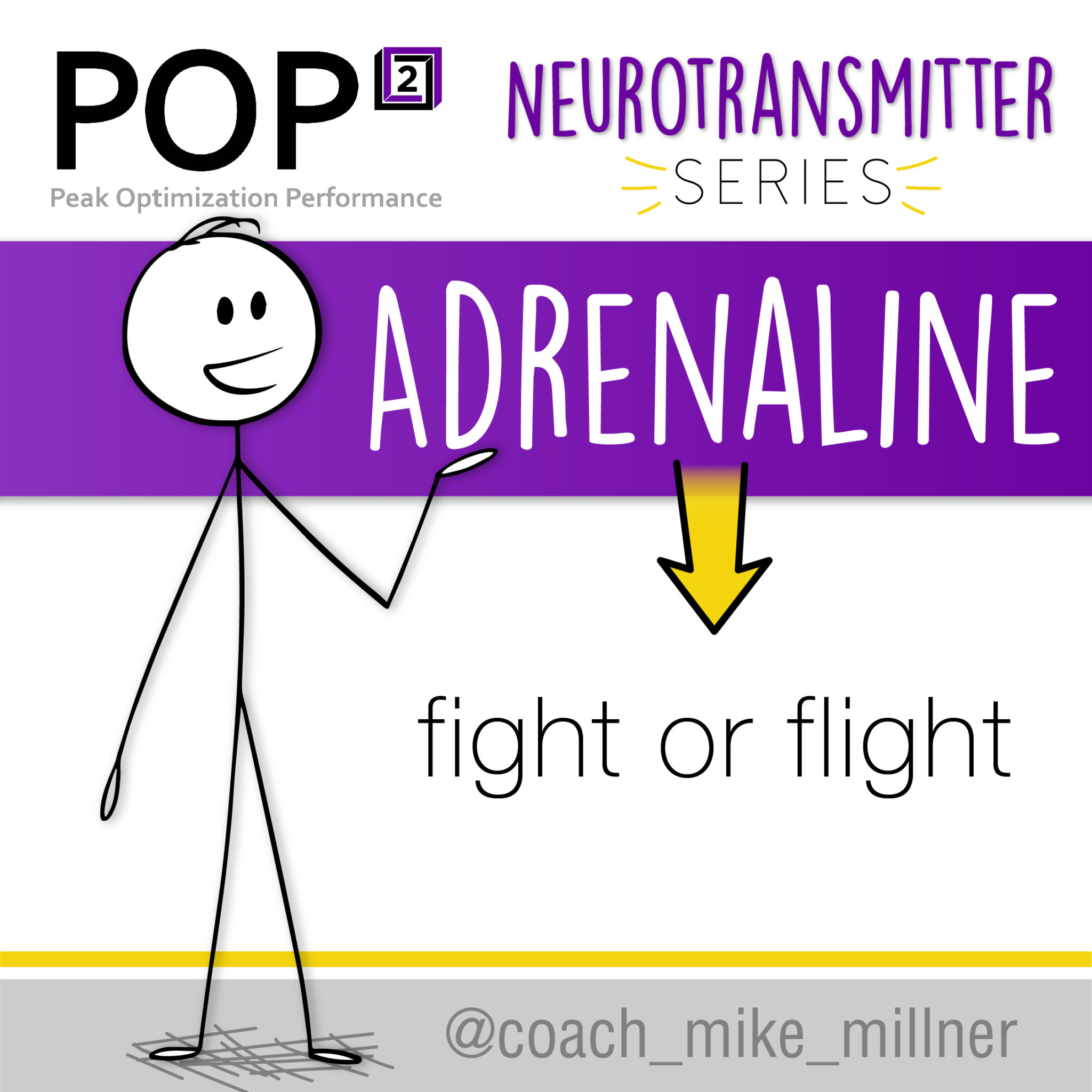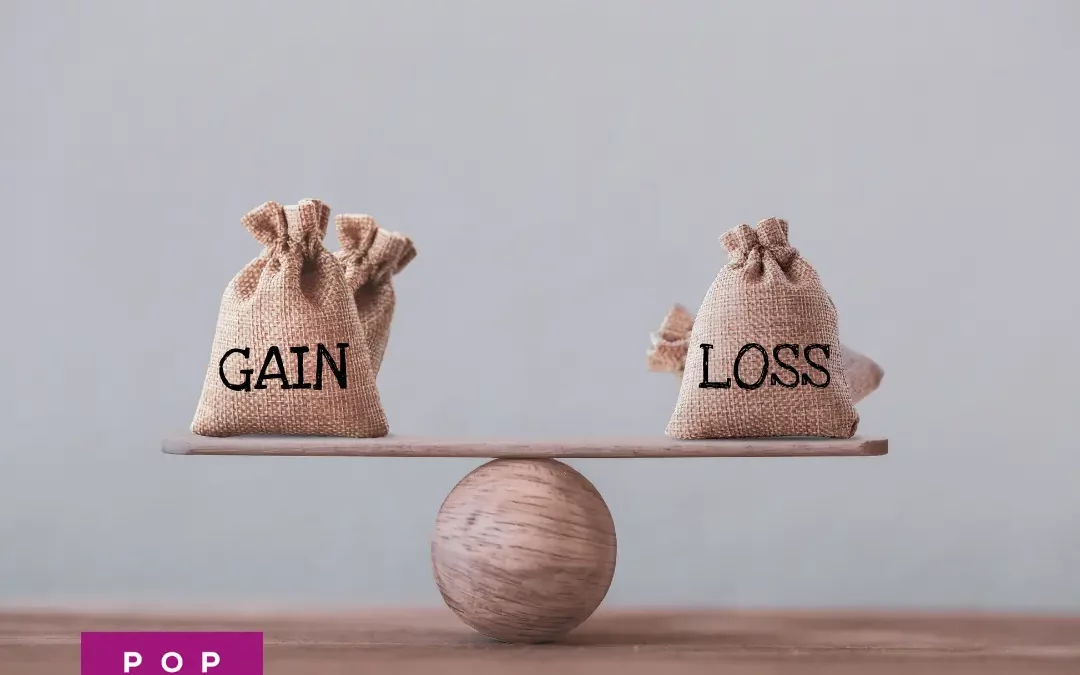Neurotransmitter series part ? Today we are going to talk about the adrenaline neurotransmitter.
We covered dopamine and noradrenaline in parts 1 & 2 so if you missed those, check out the blog to catch up
The adrenaline neurotransmitter is another excitatory neurotransmitter that amps up the nervous system and prepares us for stressful events.
Noradrenaline is converted to adrenaline via the PNMT enzyme and cortisol so when stress is high, so is cortisol and so is adrenaline.
Think of adrenaline as the turbo button (if you ever played video games).
It’s meant to give us a short boost but we don’t want to run on that “fuel” for too long.
Those that are sensitive to adrenaline will morph into the alpha version of themselves when adrenaline is released.
Think of Bruce banner turning into the hulk.
Blood pressure rises, increased heart rate, better muscle contractions, increased blood flow to the muscles, etc.
However, adrenaline is fabricated downstream from dopamine so if we keep adrenaline elevated for too long or overproduce it.. we “use up” more dopamine and risk depletion.
You can circle back to part 1 of this series to read the symptoms of dopamine depletion.. not fun.
Also interesting.. our bodies are pretty damn smart so to protect against adrenaline being elevated for too long (health risk), the adrenergic receptors can desensitize very quickly!
Like several hours quickly. Again, this is to protect against elevated blood pressure and increased cardiovascular output for too long so the receptors (mostly beta receptors) will stop responding to our body’s own adrenaline.
When people talk about “CNS fatigue” this is the most common issue.
The central nervous system doesn’t really “fatigue” but one likely scenario is desensitization of the adrenergic receptors.
This is one reason why dopamine sensitive individuals typically should rest longer during training because shorter rest means more adrenaline.
Adrenaline Sensitive Neurotypes
Type 2A’s who are the most adrenaline sensitive (and therefore have lower levels at rest) will typically have the shortest rest periods.
One method that our body’s use to balance the dopamine and serotonin relationship is through adrenaline.
If dopamine gets much higher than serotonine, our body’s can increase adrenaline to subsequently lower dopamine and balance things out.
Those who are adrenaline sensitive will typically be more insecure at rest, more introverted, etc and will be potentiated by any increase in adrenaline.
Adrenaline will also increase confidence, preceived strength, and therefore those adrenaline sensitive peeps will become more extroverted and outgoing!







